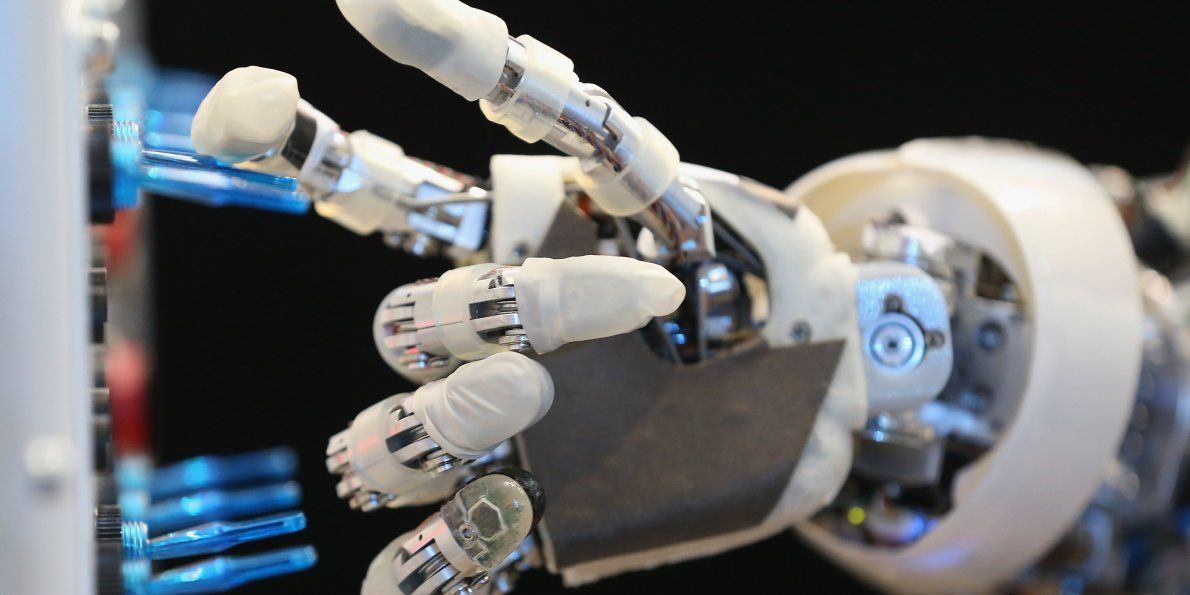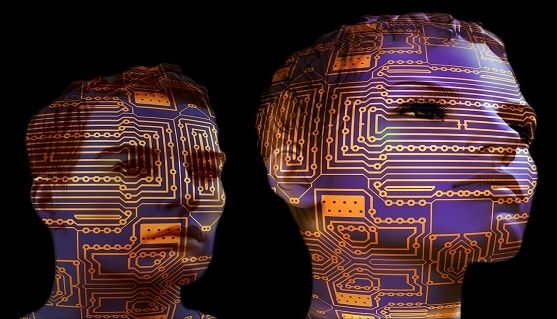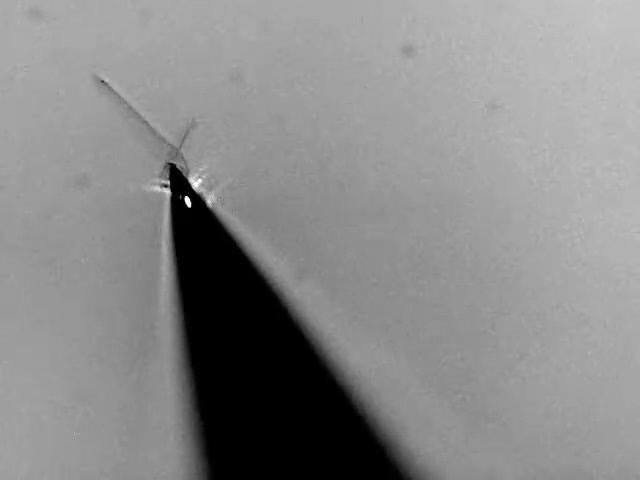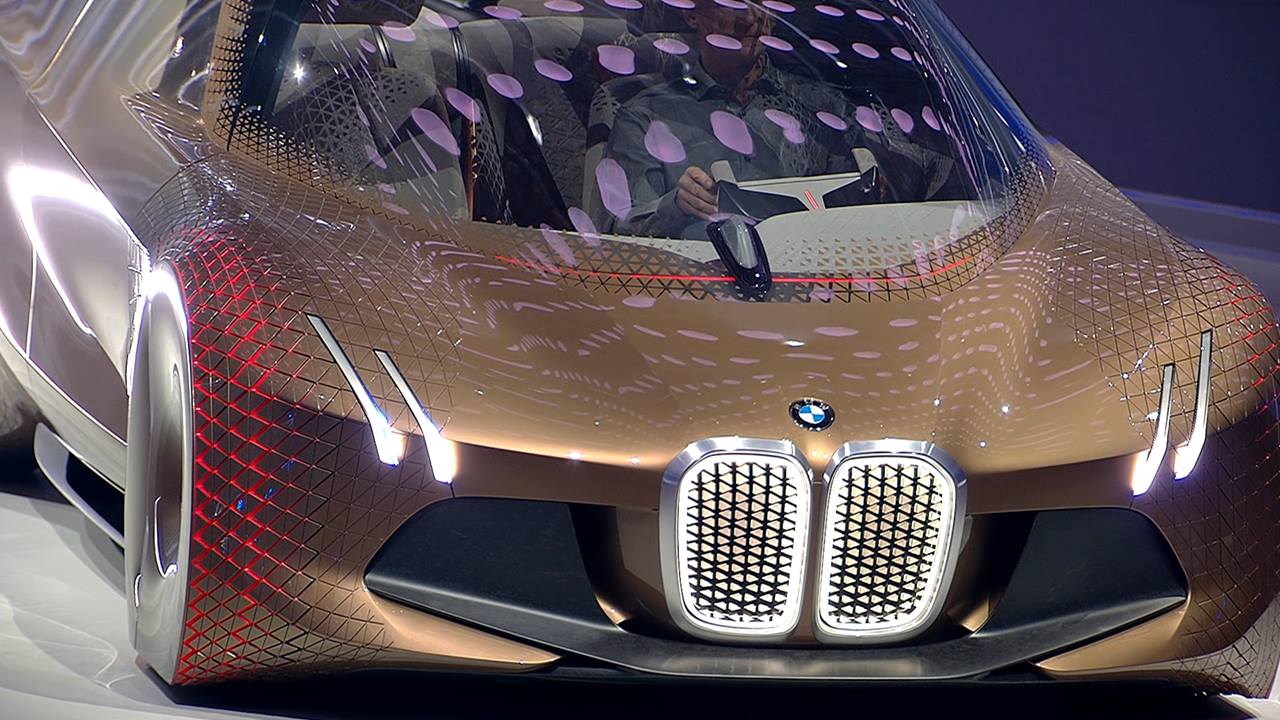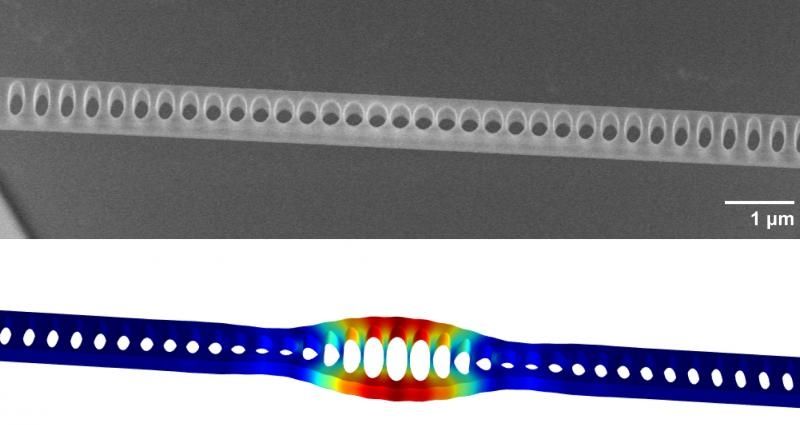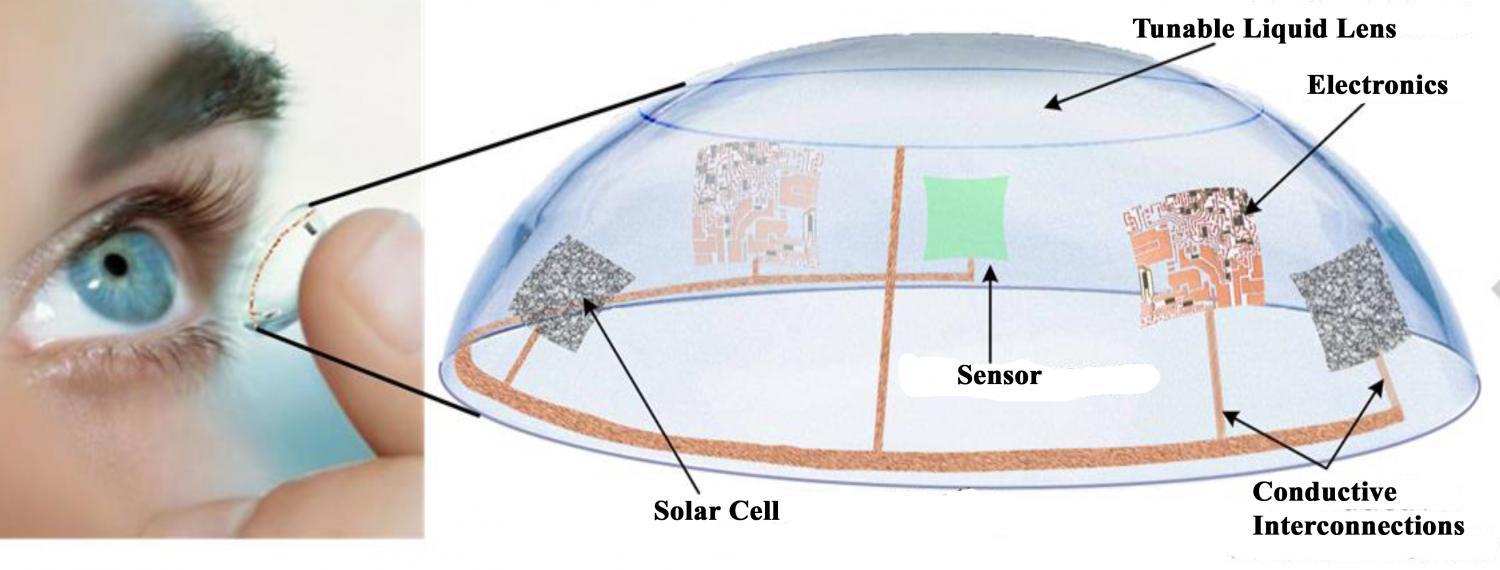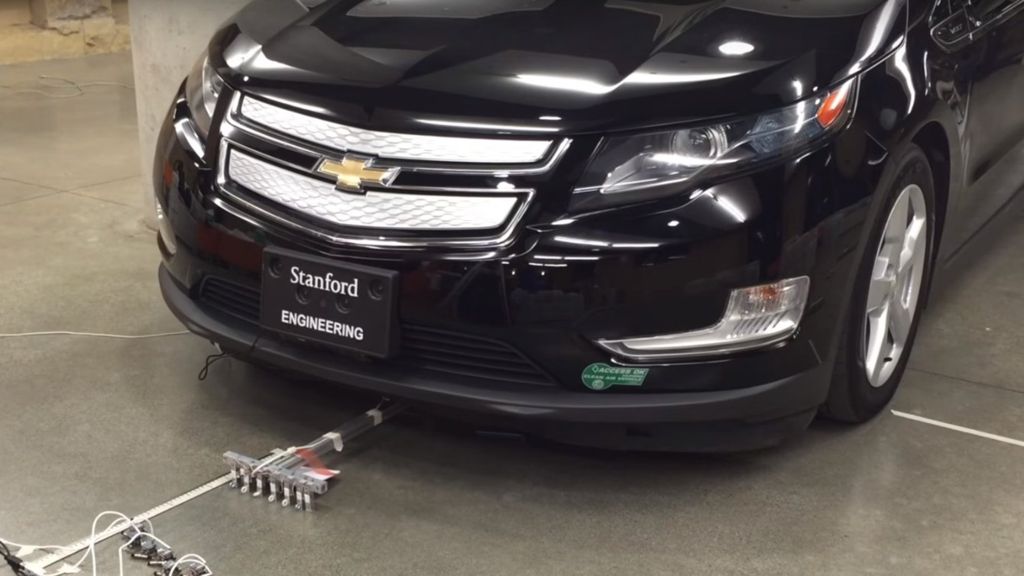Page 11032
Mar 15, 2016
Artificial intelligence has become a religion
Posted by Karen Hurst in categories: cybercrime/malcode, quantum physics, robotics/AI
To me; it’s all common sense. If you step back look at the technology landscape as a whole along with AI; you start to see the barriers that truly spolights where we have way too much hype around AI.
Example, hacking. If we had truly advance AI at the level that it has been promoted; wouldn’t make sense that researchers would want to solve the $120 billion dollar money pit issue around Cyber Security and make billions to throw at their emerging AI tech plus ensure their AI investment wouldn’t incur pushback by consumers due to lack of trust that AI would not be hacked? So, I usually tread litely on over hype technologies.
I do see great possiblities and seen some amazing things and promise from Quantum Computing; however, we will not truly realize its impact and full potential until another 7 years; I will admit I see more promise with it than the existing AI landscape that is built off of existing traditional digital technology that has been proven to be broken by hackers.
Continue reading “Artificial intelligence has become a religion” »
Mar 15, 2016
Artificial Intelligence May Be Amazing One Day, But It Currently Still Sucks
Posted by Karen Hurst in categories: computing, robotics/AI
The science fiction world is full of Artificial Intelligence (AI), but AI reality is still far away. According to an article featured in Technology Review, technology is still suffering and nowhere near the expectations of AI.
Senior editor for AI at MIT Technology Review, Will Knight wrote, “For all the remarkable progress being made in artificial intelligence, and warnings about the upheaval this might bring, the smartest computer would still struggle to make it through the eighth grade.”
Knight relates how programmers competed in an Allen Institute for Artificial Intelligence (AI2) contest. The programmers were challenged to write computer programs that could take a science test that was eighth-grade level. During the annual Association for the Advancement of Artificial Intelligence (AAAI) meeting, the winner was announced.
Continue reading “Artificial Intelligence May Be Amazing One Day, But It Currently Still Sucks” »
Mar 15, 2016
Watch a single sheet of atoms fold up for the first time
Posted by Shailesh Prasad in category: particle physics
Mar 15, 2016
BMW unveiled a new shape-shifting concept car
Posted by Shailesh Prasad in category: transportation
Mar 15, 2016
Looking forward to Horizon: The Immortalist
Posted by Shailesh Prasad in categories: entertainment, life extension
The film, produced and directed by Tristan Quinn, will be shown on BBC Two at 20:00 on Wednesday 16 March 2016.
Mar 15, 2016
NIST Creates Fundamentally Accurate Quantum Thermometer
Posted by Karen Hurst in category: quantum physics
Better thermometers might be possible as a result of a discovery at the National Institute of Standards and Technology (NIST), where physicists have found a way to calibrate temperature measurements by monitoring the tiny motions of a nanomechanical system that are governed by the often counterintuitive rules of quantum mechanics.

MIT successfully reconstructed audio from the video of minute vibrations of a potato chip bag.
This could represent a whole new method of surveillance.
Mar 15, 2016
Fish and insects guide design for future contact lenses
Posted by Klaus Baldauf in categories: bioengineering, biotech/medical, electronics, information science, materials
Making the most of the low light in the muddy rivers where it swims, the elephant nose fish survives by being able to spot predators amongst the muck with a uniquely shaped retina, the part of the eye that captures light. In a new study, researchers looked to the fish’s retinal structure to inform the design of a contact lens that can adjust its focus.
Imagine a contact lens that autofocuses within milliseconds. That could be life-changing for people with presbyopia, a stiffening of the eye’s lens that makes it difficult to focus on close objects. Presbyopia affects more than 1 billion people worldwide, half of whom do not have adequate correction, said the project’s leader, Hongrui Jiang, Ph.D., of the University of Wisconsin, Madison. And while glasses, conventional contact lenses and surgery provide some improvement, these options all involve the loss of contrast and sensitivity, as well as difficulty with night vision. Jiang’s idea is to design contacts that continuously adjust in concert with one’s own cornea and lens to recapture a person’s youthful vision.
The project, for which Jiang received a 2011 NIH Director’s New Innovator Award (an initiative of the NIH Common Fund) funded by the National Eye Institute, requires overcoming several engineering challenges. They include designing the lens, algorithm-driven sensors, and miniature electronic circuits that adjust the shape of the lens, plus creating a power source — all embedded within a soft, flexible material that fits over the eye.
Mar 15, 2016
Tiny robot ants pull car with teamwork
Posted by Karen Hurst in categories: robotics/AI, transportation
This is extremely interesting and innovating to me. Why? Just imagine if your car (even a self driving car) your car breaks down on a road somewhere 10 to 25 miles away from the nearest gas station or town. And, you have a backup system that alerts you in the car that it has to switch over to tow mode, and engages a robotic pull system and set your flashers on then tows you to the nearest gas station or police station; etc.? No more tow bills, no more fears to the elderly or others being exposed on the side of the road. BTW — the car engine keeps the car microbot/s charged up.
A team of tiny robot ants pull a car that is thousands of times their weight as part of an experiment at Stanford University.

